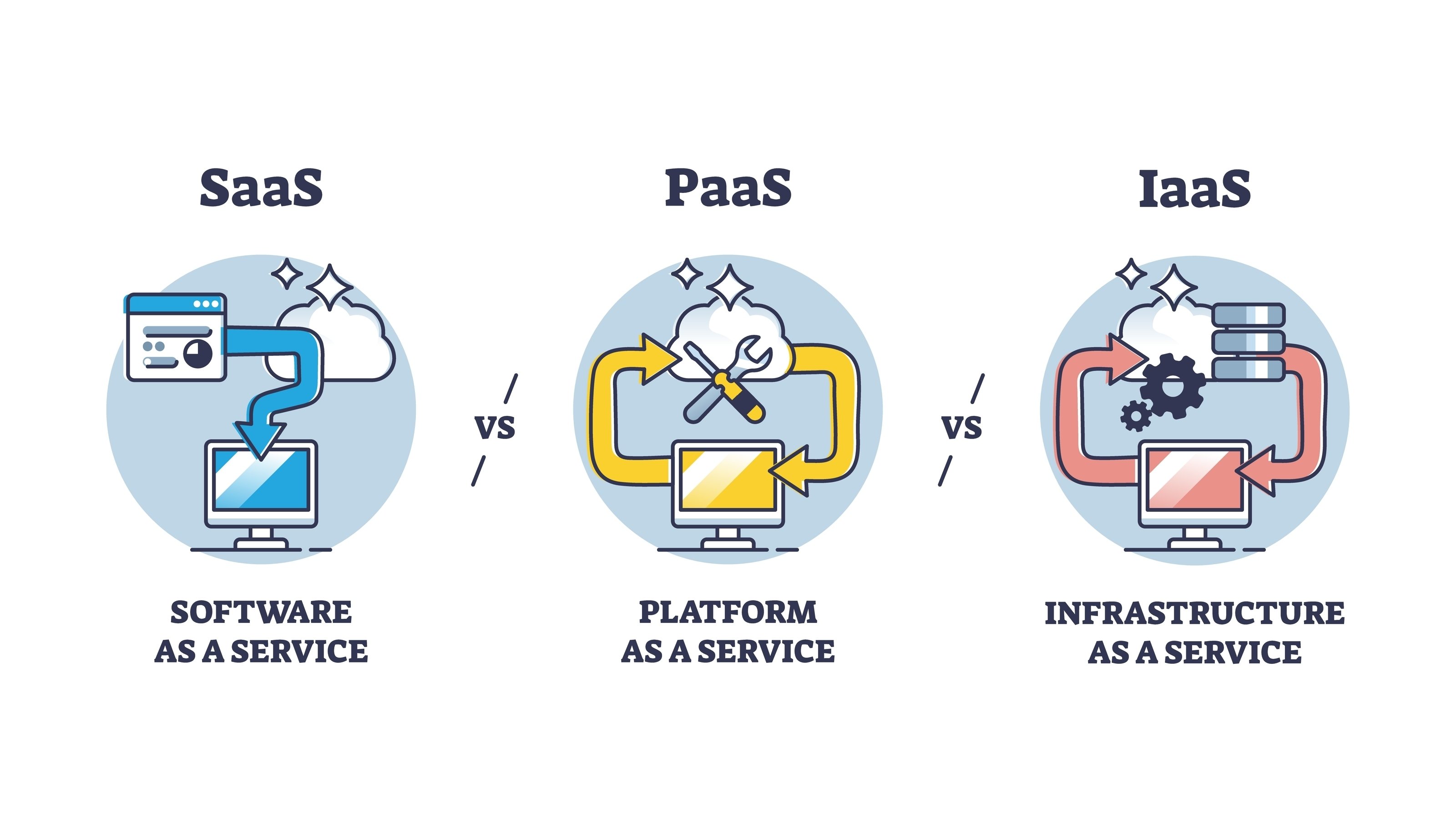
SaaS vs. IaaS vs. PaaS: Healthcare's Best Option
Within healthcare as a whole, cloud operating models are relative newcomers to the industry. Privacy concerns and years of technical debt prevented the industry from adopting the cloud service models as quickly as retailers and high-tech industries. In recent years, however, healthcare payers have undergone a transformation to legacy systems to take advantage of all the cloud has to offer. Of all the cloud service models, Platform-as-a-Service (PaaS) has the strongest hold on the industry.
So, today we will discuss PaaS in healthcare alongside other options for the industry to consider.
Platform-as-a-Service Is a Strong Fit For Healthcare
Due to the COVID-19 pandemic, the need for accessible health care tremendously increased. Digital transformation was the best solution to this sudden demand, but in general, the healthcare industry had been behind other industries in this virtual process.
To make up for lost time, healthcare payers needed a quick solution with widespread adaptation and flexibility. PaaS is quicker at implementing and is more comprehensive than the other service models. This open enterprise framework facilitates interoperable solutions and beats the other service models in flexibility, faster application development, and on-demand scalability. This allows payers to cut costs, increase productivity, and accommodate future industry growth.
Payers recognized these benefits quickly and put them into action. PaaS isn't the only solution out there for healthcare organizations, however. There are a myriad of solutions that can support healthcare's digital transformation efforts. Let's explore some of the most common options.
SaaS vs. IaaS vs. PaaS Healthcare
Each service model offers different advantages and opportunities. SaaS, PaaS, and IaaS are worth exploring to find the right mix for your organization.
|
Below we have outlined what services are managed by providers |
||
SaaSSoftware-as-a-Service |
PaaSPlatform-as-a-Service |
IaaSInfrastructure-as-a-Service |
|
|
|
Reasons Payers Select or Switch to SaaS Instead of PaaS
- You do not need to maintain system performance or ensure the application is running, unlike PaaS
- Scaling is provided by the vendor and is completely transparent to end users
Reasons Payers Select or Switch to IaaS Instead of PaaS
- IaaS offers payers direct access to cloud servers and storage, unlike PaaS
- IaaS offers more administrative control than PaaS does
Why You Might Want To Consider a Multi-Cloud Strategy
Since service models are not mutually exclusive, implementing different types of service models may be the most efficient option. In this case, multiple models and providers may be used to run different services. This may be the best way to strategically encourage interoperability without being locked into a single provider or model. This will provide better reliability, security, and control over specific assets.
However, multi-cloud strategies can be costly. Utilizing multiple cloud service models can also get complex to maintain.
Consider all possible advantages and disadvantages when deciding on a service model and creating a maintenance strategy.
Developing Digital Support Systems For PaaS Healthcare
A big challenge in implementing any cloud service is maintaining and developing a digital support system. The more data your cloud model stores and handles, the more attention and maintenance needs to be done.
The point of adding all those extra systems and internal procedures is to enhance the benefits of PaaS, helping secure big data and optimize APIs. If the architecture of services is not providing those benefits and more to your PaaS healthcare model, then it’s time to take a look at new options.
Here are a few to keep in mind when looking to fully optimize your PaaS healthcare benefits.
- Improve data analysis with an integrated platform that offers a data warehouse built for any cloud—like Snowflake.
- Perform automated load testing to ensure high-quality performance on web applications.
- Focus on defending your data with a fully flushed-out authentication framework.
- Encourage interoperability by adding additional 3rd party services, like MuleSoft, to your PaaS digital support system.
- Create a hybrid service model by combining MuleSoft and AWS.
- Create a cost governance to mitigate cloud spending.
Prepare and Maintain Cloud Services With Concord
Ultimately payers are looking to cut costs, increase end-user satisfaction, and secure big data assets. While the majority of payers have been leaning towards PaaS healthcare, there are many options to consider when creating a cloud strategy. Without proper guidance, healthcare payers may end up spending more and risk assets while going through a trial-and-error process of figuring out how to optimize their PaaS healthcare model. Specialty consultants can create agile project roadmaps for your vision while taking into consideration all stipulations and risks.
Getting Started
Concord USA is a consultancy that combines technology and industry depth with a get-it-done culture to enable resiliency, efficiency, and innovation. Whether you are trying to improve customer satisfaction, data strategies, security, or other technological issues, Concord can help.
Contact us today to learn more about the benefits of Paas in healthcare, our Technology Integration Services, and how we can help your business thrive.